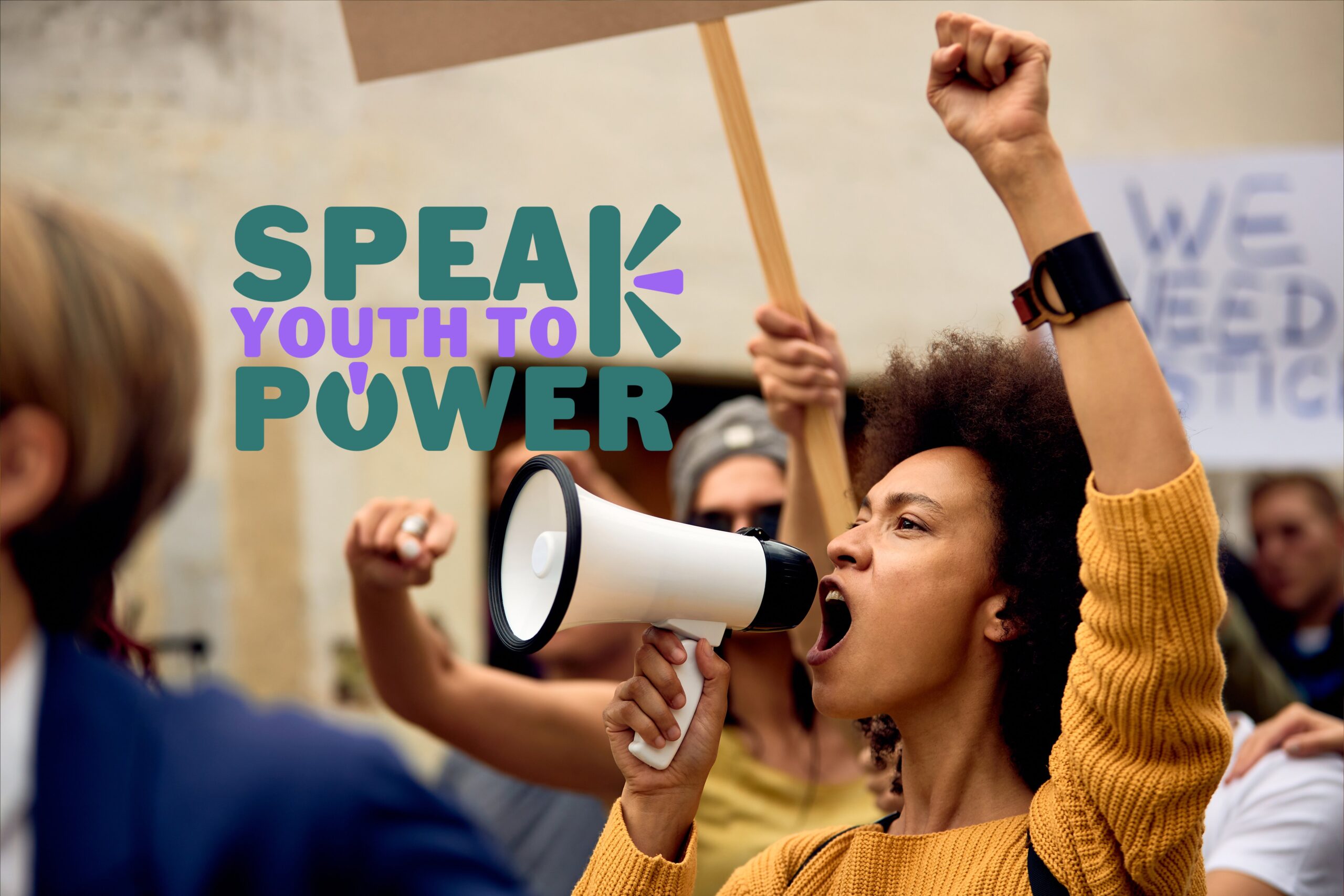Political activism is a powerful way to create change and have your voice heard on important issues. Here are 10 tips to help you become a more effective political activist:
1. Educate Yourself: Research and understand the history, policies, and current events related to the causes you are advocating for.
2. Join a Community or Organization: Amplify your voice and collaborate with like-minded individuals by joining a group that shares your values.
3. Attend Rallies and Protests: Show solidarity with a cause and demand action from policymakers by participating in demonstrations.
4. Contact Elected Officials: Communicate your concerns and advocate for specific policies by contacting your representatives.
5. Use Social Media for Advocacy: Raise awareness and influence public opinion on social media platforms.
6. Volunteer for Campaigns: Get hands-on experience by volunteering for political campaigns.
7. Support Grassroots Movements: Contribute to building a more just society by supporting grassroots initiatives.
8. Organize Workshops and Events: Create spaces for dialogue and education in your community.
9. Stay Informed and Up-to-Date: Stay connected with news sources and organizations to remain informed on current events.
10. Practice Self-Care and Resilience: Take care of yourself to avoid burnout and sustain your advocacy efforts in the long run. By following these tips, you can become a more effective political activist and make a difference in the world.
1. Educate Yourself
It is essential to educate yourself on the issues that you are advocating for. Research the history, policies, and current events related to the cause you are passionate about. By becoming well-informed, you will be better equipped to engage in meaningful conversations and debates regarding the topic.
2. Join a Community or Organization
One of the most effective ways to engage in political activism is by joining a community or organization that shares your values and goals. By being a part of a group, you can amplify your voice, gain support, and collaborate with like-minded individuals to create change.
3. Attend Rallies and Protests
Attending rallies and protests is a powerful way to show solidarity with a cause and demand action from policymakers. By participating in peaceful demonstrations, you can raise awareness, garner media attention, and put pressure on decision-makers to address the issue at hand.
4. Contact Elected Officials
Another key strategy for political activism is contacting your elected officials to voice your concerns and advocate for specific policies or legislation. You can write letters, make phone calls, or attend town hall meetings to communicate your priorities and hold politicians accountable to their constituents.
5. Use Social Media for Advocacy
Social media platforms provide a valuable tool for political activism. You can use these channels to raise awareness, mobilize supporters, and influence public opinion on important issues. By sharing articles, organizing online events, and engaging in conversations, you can make a significant impact on the digital landscape.
6. Volunteer for Campaigns
Volunteering for political campaigns is a hands-on way to get involved in advocacy work. Whether it’s canvassing, phone banking, or organizing events, your efforts can help support candidates who align with your values and promote policies that you care about.
7. Support Grassroots Movements
Grassroots movements are powerful vehicles for social change, as they are driven by the people and prioritize community organizing. By supporting grassroots initiatives, you can contribute to building a more inclusive, equitable, and just society from the ground up.
8. Organize Workshops and Events
Organizing workshops, forums, and events is a great way to engage with others and educate the community on important issues. By creating spaces for dialogue, learning, and collaboration, you can inspire action, build connections, and empower individuals to become agents of change.
9. Stay Informed and Up-to-Date
To be an effective political activist, it is crucial to stay informed and up-to-date on current events, policy developments, and advocacy opportunities. Follow reputable news sources, subscribe to newsletters, and regularly check in with relevant organizations to stay connected and informed.
10. Practice Self-Care and Resilience
Engaging in political activism can be emotionally and mentally taxing, so it is important to prioritize self-care and resilience. Make time for activities that rejuvenate you, seek support from friends and loved ones, and remember to pace yourself to avoid burnout. Taking care of yourself will enable you to sustain your advocacy efforts in the long run.
